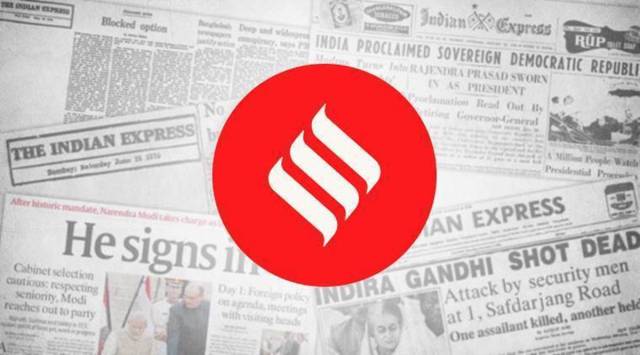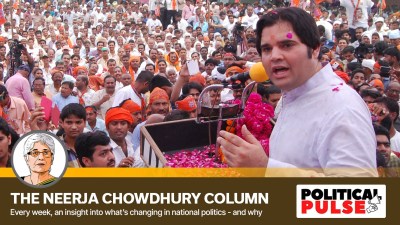- India
- International
Social justice plus
First round of Bihar polls is an endorsement of electoral democracy, campaign points to a post-Mandal phase of politics
 Bihar, of course, has come a long way from the time when elections were marked by booth capturing and other such acts of violence.
Bihar, of course, has come a long way from the time when elections were marked by booth capturing and other such acts of violence.The 52.24 per cent turnout in the first round of Bihar assembly elections — polling in 2015 was 56.66 per cent — is remarkable. Political parties, except for the ruling JD(U) and BJP, had raised apprehensions that few people are likely to turn out to vote in view of the COVID-19 situation and had called for a postponement of the elections. However, electioneering has been in full swing, with political parties deploying their full armoury in the campaign — remarkable since many ministers and leaders had contracted the coronavirus. Political groups also used social media and technology to overcome the restrictions imposed by the Election Commission due to the pandemic and reach out to voters. The robust turnout and relatively peaceful voting in 71 seats is heartening, for it amounts to a celebration of the democratic process and evidence that citizens take their right to vote seriously. This being the first election since the virus outbreak in March, the Election Commission has reasons to be proud of its work.
Bihar, of course, has come a long way from the time when elections were marked by booth capturing and other such acts of violence. The last three decades have seen a deepening of electoral democracy, with a cross-section of the society getting to exercise their franchise freely and fearlessly. This process of democratisation was facilitated by the social justice politics that emerged from the Mandal revolution in the 1990s. Caste identity and empowerment of the lower castes marked the initial phase of this transformative politics and set the electoral agenda for three decades. That seems to have changed. Lalu Prasad Yadav and Nitish Kumar, faces of social justice politics, continue to be part of the conversation, but the poll narrative has become Mandal-plus. The question of economic justice has loomed large in the campaign with Lalu’s heir and the RJD’s CM face, Tejashwi Yadav, making unemployment a key issue. The BJP, which initially lampooned the RJD’s promise of 10 lakh new jobs, has had to respond with an even larger number (19 lakh) in its manifesto. The high unemployment rate in Bihar — the second highest in the country — and poor education infrastructure are issues that resonate with the youth, a big chunk of the electorate. Voters acknowledge that Nitish Kumar improved law and order and public infrastructure such as roads, power and water. But they also see his omissions.
Whatever be the outcome of this election, politics in Bihar appears poised for a new phase. Old forms of identity politics seem set to recede as developmental concerns dominate election agendas and voters demand accountability from representatives.
EXPRESS OPINION
Apr 25: Latest News
- 01
- 02
- 03
- 04
- 05

































